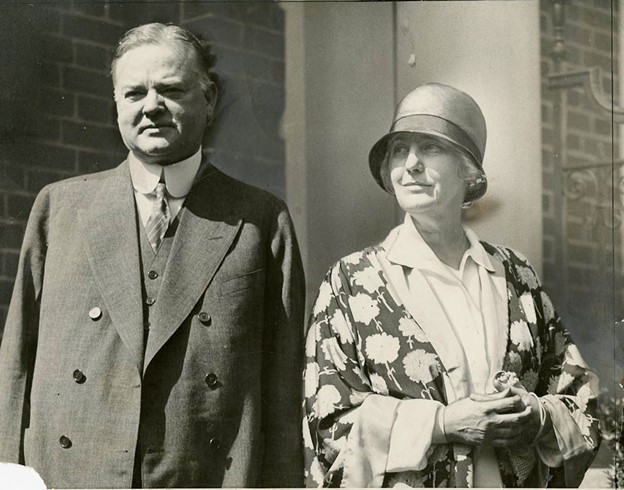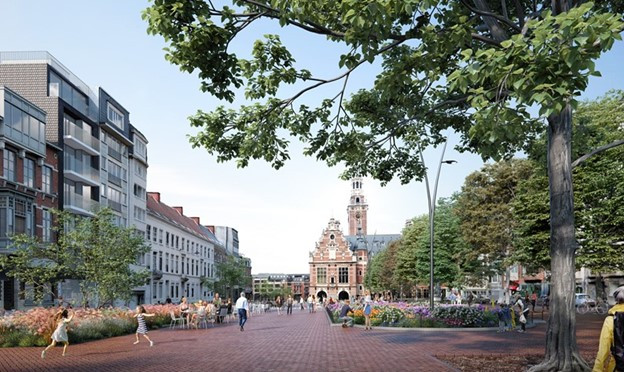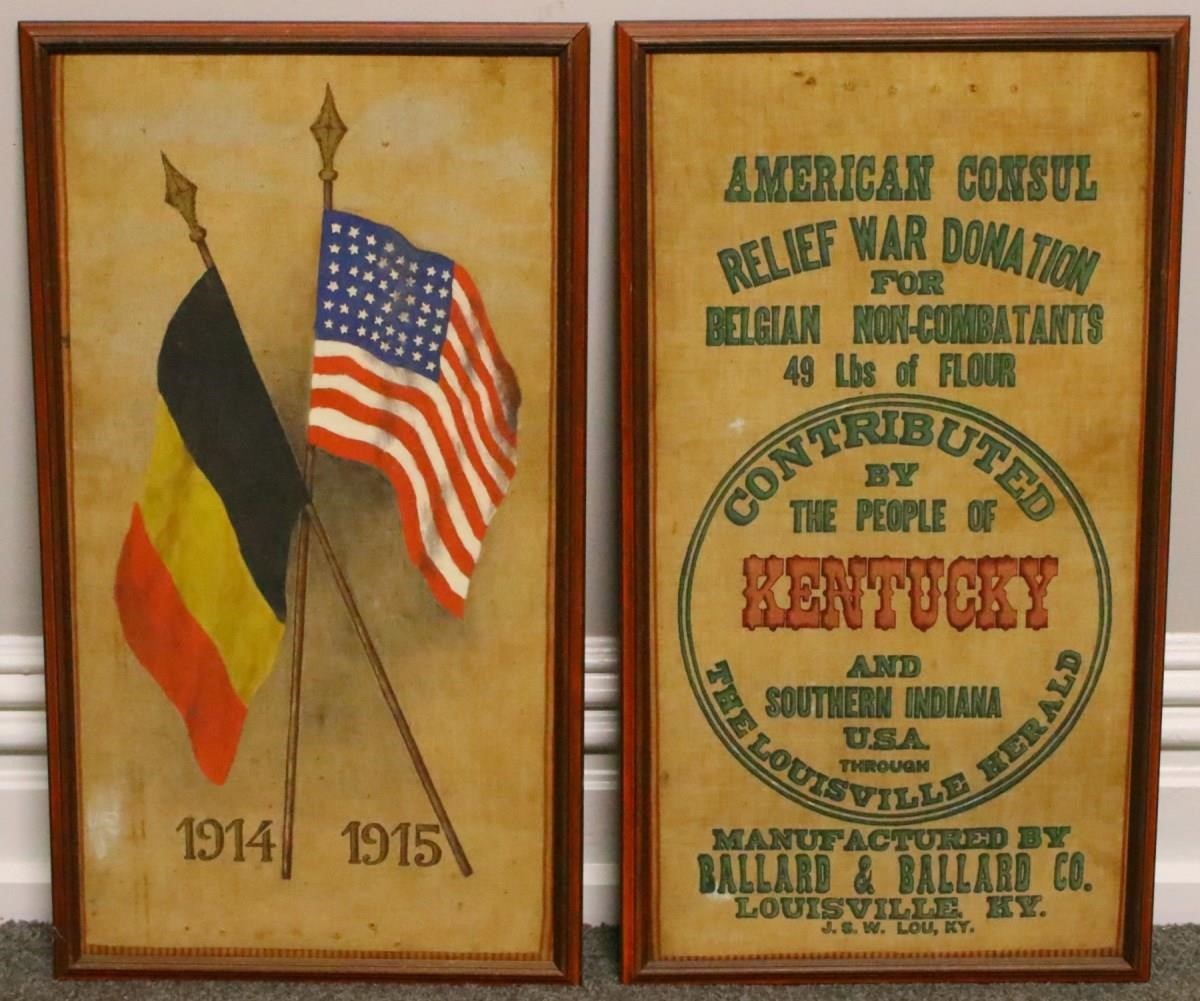My name is Alexander Elias Azar, and I am a Gilman Alumni Ambassador. I was an exchange bachelor’s student at KU Leuven in Belgium during my service trip. I studied political science and assorted historical topics during my studies.
The town of Leuven is an excellent place to learn and live in Europe. It has been a center of learning since the time of the Holy Roman Empire to the European Union today. I cycled through idyllic forests nestled in between castles and modern amenities. One plaza I found particularly surprising was called Herbert Hooverplein. Why is one of the busiest parts of the town named after the 31st President of the United States? The story behind Hoover’s crucial relationship with the Belgian people shook me to my core and made me reflect on the reason why I became a Gilman Scholar in the first place.
Herbert Hoover and his wife, Lou traveled extensively during their early life. Herbert Hoover was a mining engineer and traveled to Australia and China on expeditions. He was a natural entrepreneur and earned a fortune mining while gaining an appreciation for global perspectives. Lou Hoover became fluent in eight languages! The Hoover families’ experience living with people around the world prepared them for responding to the humanitarian crisis in Europe during World War One.
Belgium was devastated during WW1 and faced widespread starvation. The ongoing battles left many civilians without stable food supplies. In 1914, Herbert Hoover was tasked with repatriating hundreds of thousands of Americans stranded in Europe. Afterward, Hoover became the leader of the Commission for Relief in Belgium which was an NGO dedicated to stopping the famine. The CRB raised millions of dollars in aid without government intervention. The organization was able to help 10 million Europeans escape starvation during the War, especially in Belgium.
Herbert Hoover’s extraordinary humanitarian efforts exemplify the mission of the Gilman Scholarship. Congressman Benjamin A. Gilman said that Americans studying abroad is important because it helps them become contributors to the world, rather than spectators. I learned about my place in the global community by living together with a diverse group of people. I listened and asked questions to people about their backgrounds and how they shaped their perspective on the world. People have different types of lifestyles but we all embrace the universal goals of acceptance and kindness.
Being a Gilman Scholar is building bridges between your community and the country you live in. As someone who studied American history since childhood, I was amazed I learned about a part of our own history across the Atlantic Ocean! It demonstrates how every human is living in the same storybook, and the best chapters are written together. My Gilman experience has broadened my horizons, and I feel prepared to engage with people of different backgrounds and identities.
Photos






